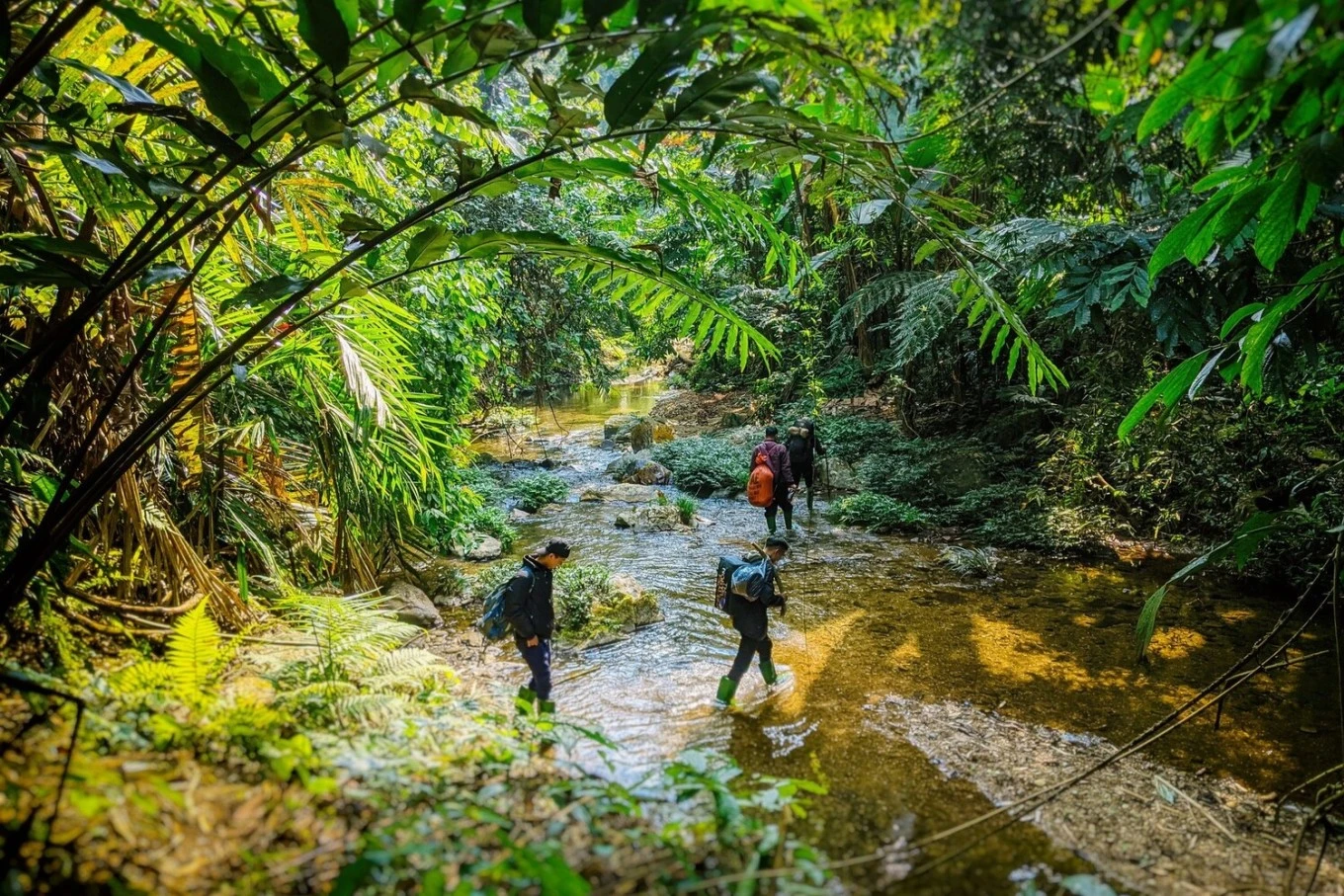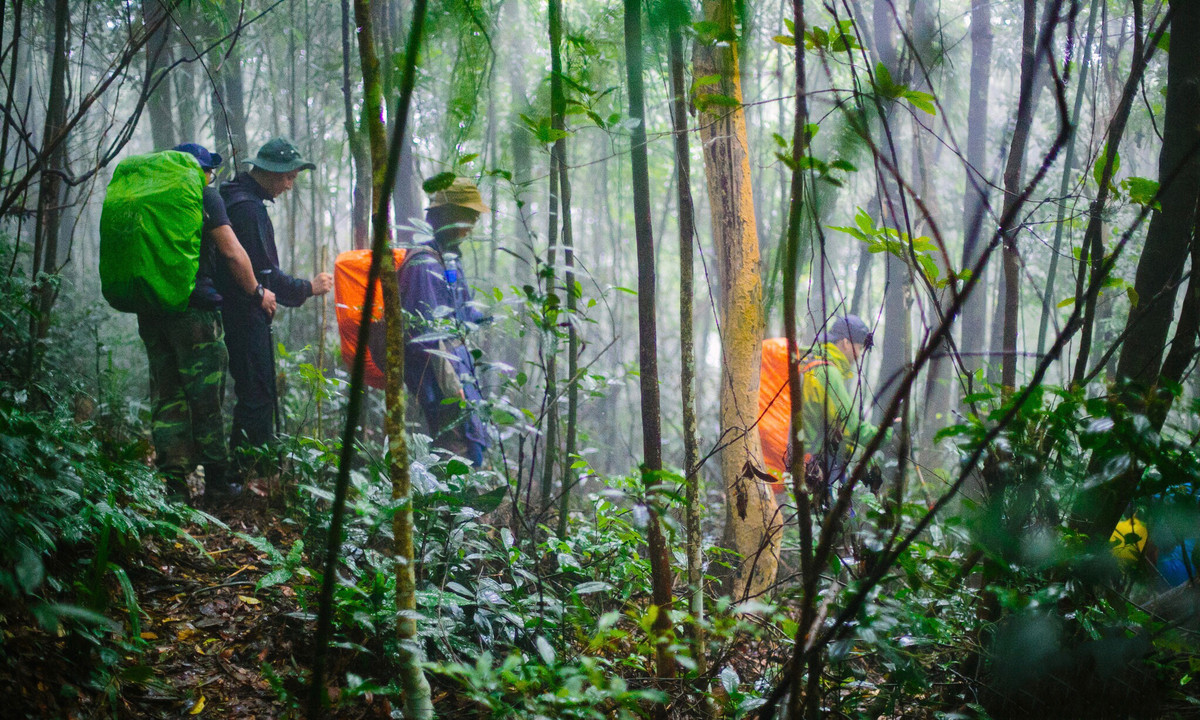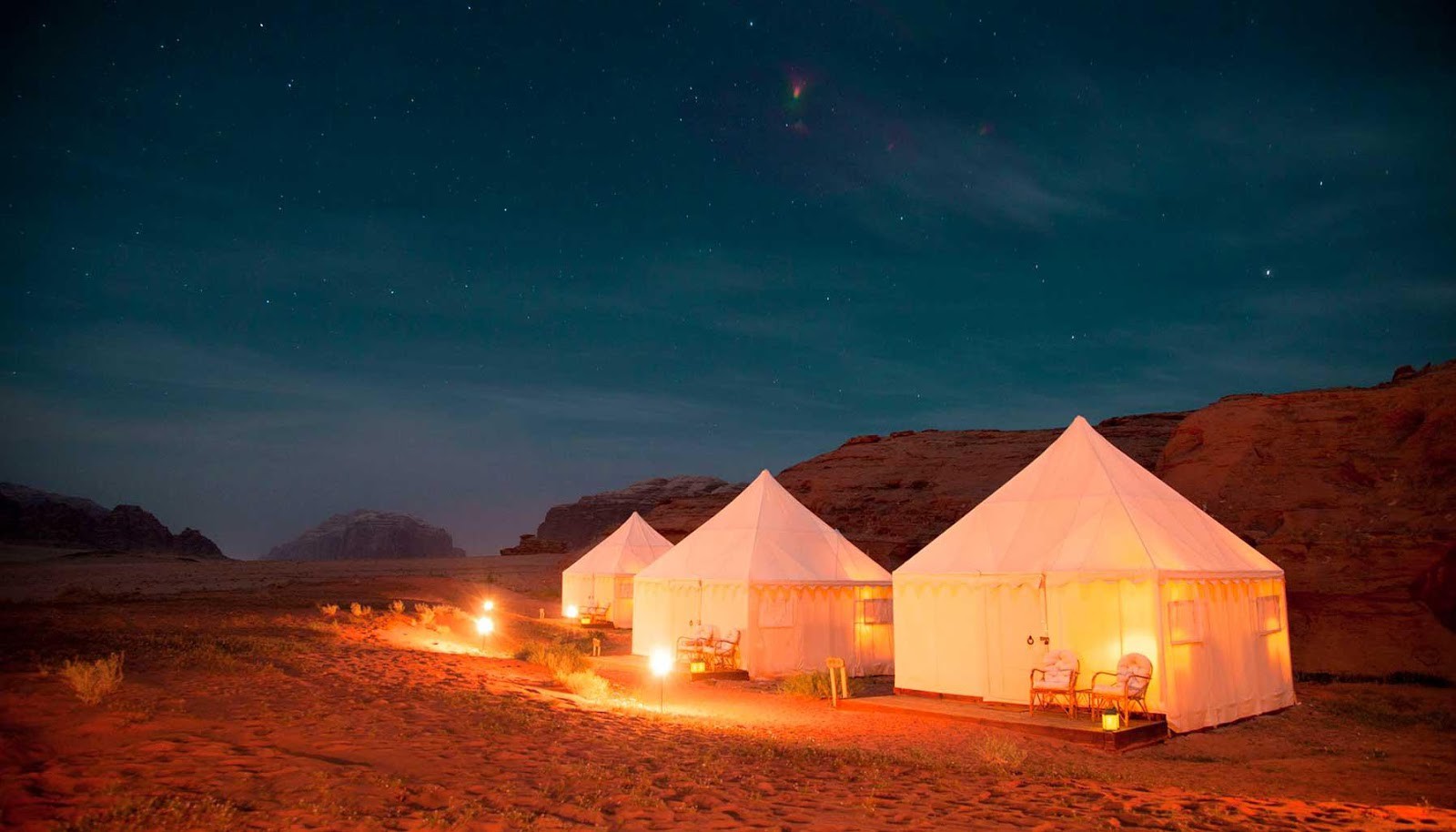Camping is a great way to enjoy the outdoors, disconnect from the hustle and bustle of daily life, and create lasting memories. Whether you’re a novice or an experienced camper, this guide will help you make the most of your camping adventure.

Benefits of Camping
- Immersion in Nature:
- Camping provides an opportunity to immerse yourself in the beauty of nature. The sights, sounds, and smells of the outdoors can be incredibly refreshing and rejuvenating.
- Improved Health:
- Engaging in activities like hiking, swimming, and fishing can improve your physical health. Exposure to fresh air and natural sunlight can also boost your mental well-being.
- Quality Time:
- Camping is an excellent way to spend quality time with family and friends. Activities such as cooking together, exploring nature, and sharing stories around the campfire help strengthen bonds and create memorable experiences.
Planning Your Camping Trip
- Selecting a Campsite:
- Research: Look for campsites that offer the amenities and activities you prefer, such as hiking trails, water sources, and scenic views.
- Reservations: Many popular campsites require reservations, especially during peak seasons. Book early to secure your spot.
- Packing Essentials:
- Shelter: Bring a reliable tent, a sleeping bag suitable for the weather, and a sleeping pad for extra comfort.
- Clothing: Pack layered clothing to adapt to changing weather conditions. Include waterproof and warm layers.
- Food and Cooking Supplies: Plan simple meals that are easy to prepare outdoors. Bring a portable stove, cookware, utensils, and enough food and water for your trip.
- Safety and Navigation:
- First Aid Kit: Carry a well-stocked first aid kit and know basic first aid procedures.
- Navigation Tools: Bring a map, compass, or GPS device. Familiarize yourself with the area and have a means of communication in case of emergencies.

Setting Up Camp
- Choosing a Campsite:
- Select a flat, dry area free of rocks and debris. Avoid setting up near potential hazards like dead trees, cliffs, or water sources that could flood.
- Ensure your campsite is at least 200 feet away from water sources to minimize environmental impact and protect wildlife.
- Pitching Your Tent:
- Practice setting up your tent before your trip to ensure you can do it quickly and correctly. Secure your tent with stakes and guy lines to withstand wind and rain.
- Use a ground tarp or footprint under your tent to protect it from moisture and abrasion.
- Building a Campfire:
- Follow local regulations and use designated fire rings or pits if available. Gather small sticks and kindling to start your fire, and add larger logs gradually.
- Keep your fire small and manageable. Always have water and a shovel nearby to extinguish the fire completely before leaving or going to bed.
Activities to Enhance Your Camping Experience
- Hiking and Exploration:
- Choose trails that match your fitness level and interests. Bring plenty of water, snacks, and a trail map. Take your time to enjoy the scenery and observe wildlife.
- Practice Leave No Trace principles by staying on marked trails, respecting wildlife, and packing out all trash.
- Water Activities:
- Swimming: Find safe swimming spots free from strong currents and underwater hazards. Always swim with a buddy and follow safety guidelines.
- Fishing: Check local fishing regulations and ensure you have the necessary permits. Bring appropriate fishing gear and practice catch-and-release to conserve fish populations.
- Nighttime Activities:
- Stargazing: Camping provides an excellent opportunity to enjoy the night sky away from light pollution. Bring a telescope or binoculars to enhance your stargazing experience. Use apps or star charts to identify constellations and planets.
- Campfire Fun: Gather around the campfire for storytelling, singing, and playing games. Traditional campfire activities like roasting marshmallows and making s’mores add to the fun.
Leave No Trace Principles

- Plan Ahead and Prepare:
- Research the area you will be visiting and know the regulations. Prepare for extreme weather, hazards, and emergencies. Minimize waste by repackaging food and using reusable containers.
- Travel and Camp on Durable Surfaces:
- Stay on established trails and camp on designated sites or durable surfaces like rock, gravel, or dry grass. Avoid fragile areas like wetlands and meadows.
- Dispose of Waste Properly:
- Pack out all trash, leftover food, and litter. Use toilets if available, or dig a small cathole at least 200 feet away from water sources and trails to bury human waste.
- Leave What You Find:
- Preserve the natural environment by leaving rocks, plants, and other natural objects as you found them. Avoid disturbing cultural or historical artifacts.
- Minimize Campfire Impact:
- Use a camp stove for cooking and minimize the use of campfires. If you do build a fire, keep it small, use only small sticks, and ensure it is completely extinguished before leaving.
- Respect Wildlife:
- Observe animals from a distance and never feed them. Store food and trash securely to avoid attracting wildlife to your campsite.
- Be Considerate of Other Visitors:
- Respect other campers by keeping noise levels down and following campground rules. Yield to other hikers on trails and be mindful of shared spaces.
Camping offers a unique opportunity to connect with nature, relax, and create unforgettable experiences. With thorough preparation and responsible camping practices, you can ensure a safe, enjoyable, and environmentally-friendly camping adventure.
